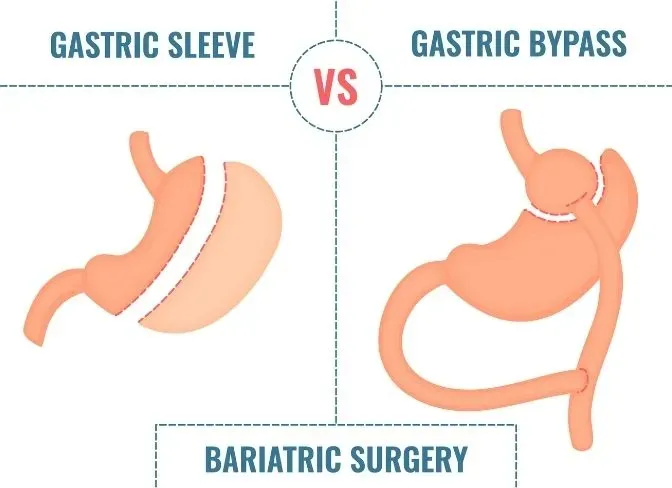Each surgical procedure’s post-operative care is a crucial component of the healing process that follows. In order to promote appropriate recovery and prevent any complications, patients must carefully adhere to the surgeon’s recommendations during this crucial time. Here, we’ll go over some broad recommendations for post-operative care that might give patients the confidence they need to face their recovery.
Hygiene and Wound Care
It’s essential to keep the incision site clean to avoid infection, which can add to the difficulties and lengthen the healing process. To care for your wound, follow your surgeon’s recommendations, which may involve changing dressings and using topical ointments. Contact your surgeon right away if the incision starts to discharge or turn red, inflammatory, or itchy. By often washing your hands and avoiding contact with sick people, good hygiene can also help lower the risk of infections.
Pain Management
An essential component of postoperative care is pain management. For pain management, your surgeon may recommend painkillers. Do not exceed the suggested amount and strictly adhere to the dosage directions. Painkiller abuse can result in addiction, which might have negative effects.
Activity and Rest
Patients will need to relax for a while after surgery to give the body time to recover. But it’s crucial to strike a balance between exercise and rest. As soon as your surgeon gives the all-clear, start doing light exercises like walking. Circulation is improved, blood clots are avoided, and the healing process is aided by physical exercise. Therefore, hold off on intense activity or heavy lifting until your surgeon gives the all-clear.
Diet and Nutrition
A balanced, healthy diet is essential for post-operative treatment. The body may heal more quickly, strengthen its immune system, and experience fewer infections with the support of proper diet. You might be given special food instructions by your surgeon to follow while you’re recovering. Drinking lots of water and avoiding alcoholic beverages will help you stay hydrated. Moreover, abstain from using tobacco products and smoking, which might slow the healing process.
Follow-up Appointments
It’s crucial to schedule follow-up consultations with your surgeon as part of your post-op treatment. Your surgeon will keep track of your healing process and look for any issues throughout these sessions. Keep all of your appointments, and don’t hesitate to ask any questions or voice any concerns you may have. To hasten your recuperation, your surgeon can also recommend extra therapies or physical therapy.
Mental Health and Emotional Well-being
Taking care of your mental and emotional health is part of post-operative treatment. Seeking support from friends and family is crucial because the rehabilitation process can be difficult and exhausting. Also, you can get in touch with support groups or seek out professional counseling. Use relaxation methods to look after your mental health, such as deep breathing exercises or meditation.
Summary
Patients must follow their surgeon’s post-op recommendations to recuperate properly and avoid complications. Patients can confidently recover by following general hygiene, wound care, pain management, activity and rest, diet and nutrition, and follow-up requirements. Remember that recovery is gradual, and following post-op care requirements is crucial to optimal results. Post-op recovery requires both physical and mental health care. Take care of yourself to heal fully and confidently continue your everyday routines.






Get Free Quote